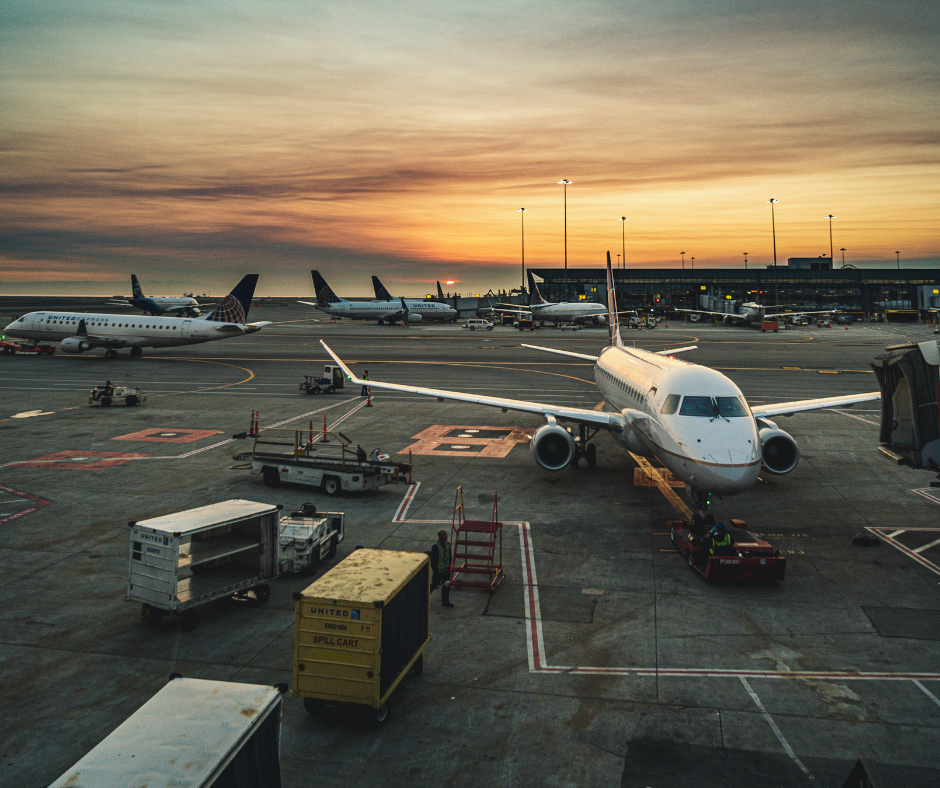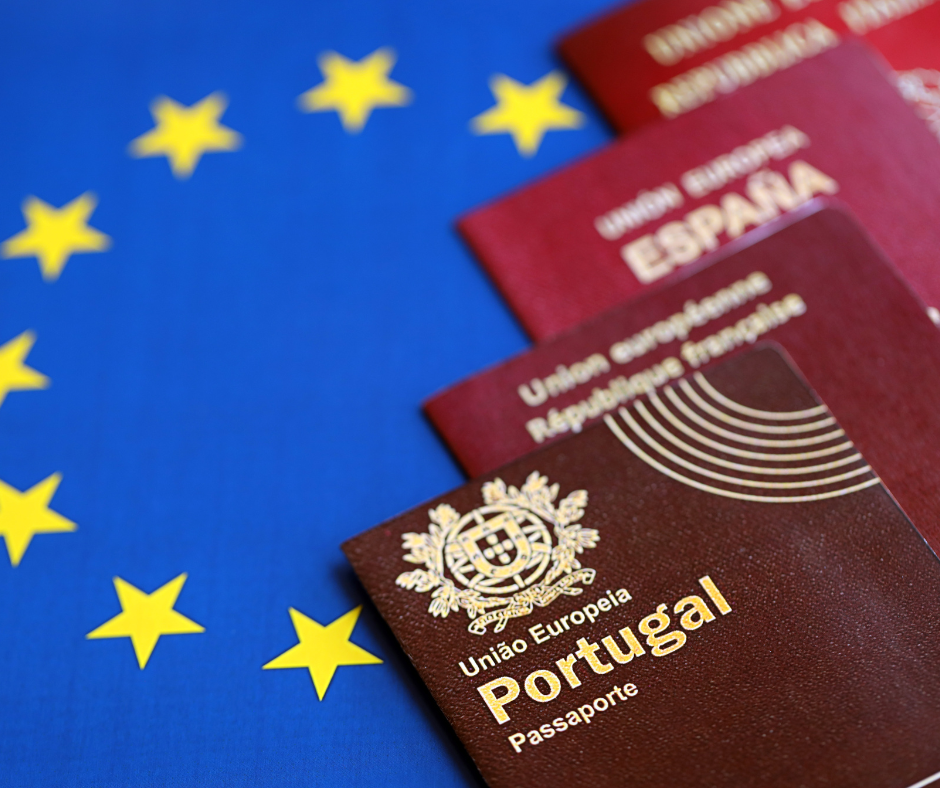Imagine this: you book a flight from Brussels to Lisbon, but upon arrival at the airport, you’re faced with an unexpected cancellation or hours-long delay. What rights do you have?

For many passengers, Regulation (EC) No 261/2004 (“the Passenger Regulation”) remains an abstract concept. Even outside the European context, compensation may still be possible when the damage is demonstrably greater.
The Passenger Regulation: For Whom and Where?
The Passenger Regulation does not apply everywhere or in all cases. It covers flights departing from an airport located in an EU Member State, regardless of whether the airline is European or not. It also applies to flights departing from a third country and arriving in the EU, provided the airline holds a Community operating licence.
Every passenger, regardless of nationality, is protected under the regulation. There are, however, exceptions: free tickets or heavily discounted fares not available to the general public are excluded. The regulation also applies only to motorized fixed-wing aircraft — helicopters are excluded. Moreover, the regulation primarily applies to the airline operating the flight but also covers package holidays when the cancellation or delay is directly linked to the flight.
Not All Flights Are the Same
The Passenger Regulation protects travellers in cases of cancellation or significant delay, but what exactly constitutes a “flight” is not explicitly defined. Suppose you book a round trip or a journey with a layover — is that one flight or several? The answer depends on the interpretation of the Court of Justice of the European Union (CJEU).

In the well-known Schenkel case, a passenger flew from Düsseldorf to Manila, with a stopover in Dubai, and then back to Germany. The return flight was cancelled for technical reasons, forcing him to return two days later. He claimed compensation under the Passenger Regulation, but the airline argued that the trip consisted of two separate flights and thus no compensation was owed.
The CJEU ruled that a flight is not the same as an entire journey. A journey may consist of several flights, each chosen separately by the passenger. In practice, this means that an outbound and return flight are two distinct flights, even if booked together. This prevents passengers from losing their rights when only part of their trip is cancelled or delayed.
Three Fundamental Rights: Assistance, Care, and Compensation
When a flight is cancelled or seriously delayed, passengers are entitled to three core rights:
- Assistance – a full refund of the ticket or re-routing under comparable conditions, within seven days, free of charge.
- Care – meals, refreshments, communication facilities, and, if necessary, hotel accommodation.
- Financial Compensation – between €250 and €600, depending on the distance and circumstances.
The regulation allows exceptions for cancellations due to extraordinary circumstances but always maintains the right to assistance and care.
Cancellation vs. Delay
The Sturgeon ruling clarified that cancellation and long delay are two distinct categories. Passengers are entitled to compensation when their flight arrives three hours or more late. This follows the principle of equality: passengers in comparable situations must be treated equally, ensuring that those suffering long delays are not worse off than those whose flights were cancelled.
.png)
The CJEU also interprets “extraordinary circumstances” narrowly. Only situations completely beyond the airline’s control, despite taking all reasonable measures, can justify exemption from compensation. Technical problems due to regular maintenance or poor upkeep are not considered extraordinary. Likewise, strikes are not automatically deemed extraordinary; each case is assessed individually.
Compensation Under National Law
Passengers affected by a severe delay or cancellation can, as outlined above, rely on European law, which is applied by national courts. There is no need to go directly to the CJEU — local courts (for Belgium: often the Justice of the Peace) can grant compensation.
However, beyond EU law, passengers can also seek compensation under national law — for example, based on the general principle that anyone who causes damage is obliged to compensate it.

This route can sometimes lead to higher compensation than the flat amounts set by the Passenger Regulation, especially when the actual damage is much greater.
Think of a passenger who misses a wedding due to cancellation and loses an entire week of hotel reservations. Or someone stranded without luggage who has to buy clothes and toiletries locally. Or a business traveller who misses a crucial deadline and loses a contract.
In all these cases, the flat compensation under the regulation would not come close to covering the loss — national law can then provide relief.
Conclusion
Every day, countless people face delays and cancellations, sometimes with serious consequences. The guiding principle remains that everyone is entitled to full compensation for their losses.

Vanbelle Law Boutique regularly assists affected travellers and their organisations in recovering damages, both under European and national law.
Do not hesitate to contact us for a thorough analysis of your situation and to ensure maximum recovery.



.png)

.png)




